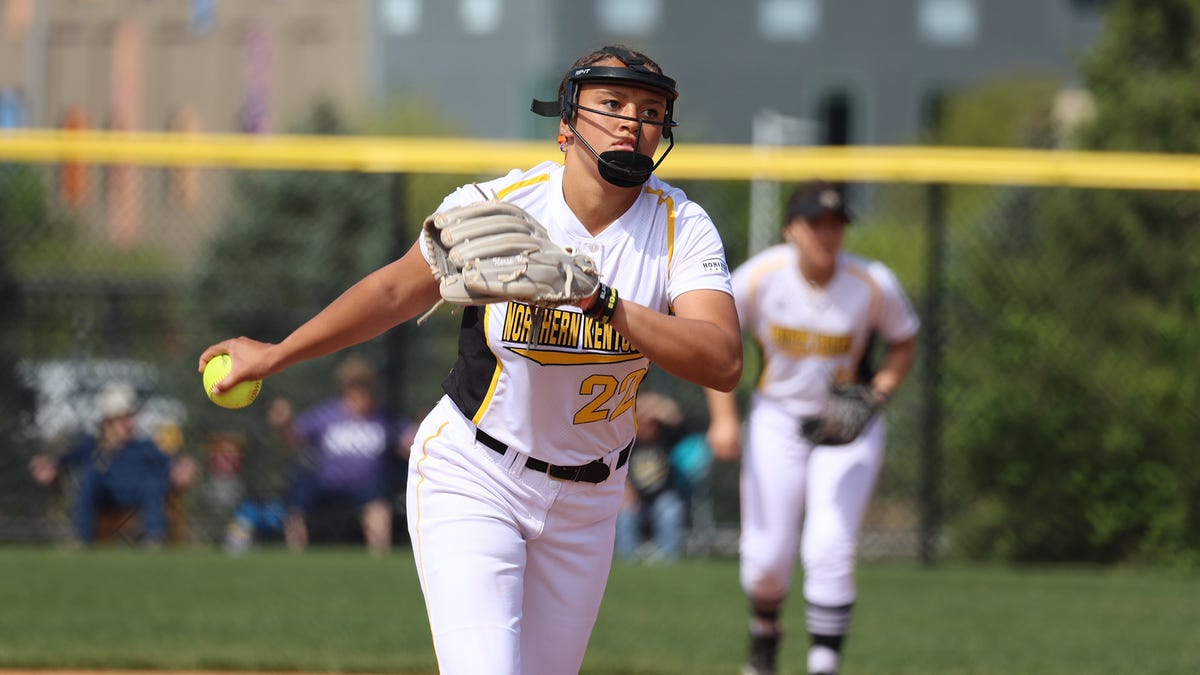Ex-Argentine officer faces trial in Miami in massacre case
MIAMI — A former Argentine navy officer goes on trial Monday in Miami for his alleged role in a 1972 massacre of political prisoners in his homeland.
Roberto Guillermo Bravo, who has lived in the U.S. for decades, is the only former Argentine military officer accused of taking part in what is known as the Trelew Massacre who has yet to face justice. Three others were convicted in Argentina and given life sentences.
“For nearly 50 years, the families of the victims of the Trelew Massacre have been waiting for all its perpetrators to face accountability,” said Katerina Siefkas, a lawyer for the Center for Justice and Accountability, which is one of those representing the plaintiffs.
“Our clients seek the opportunity to present their story and to achieve the justice” that has long been denied to them,” she said.
Bravo long skirted trial in his homeland because Argentine law forbids anyone from being tried if they are not present. The U.S. rejected Argentina’s request to extradite Bravo in 2010, but he is now to undergo a civil trial brought under the Torture Victim Protection Act, a law that allows judicial action against residents of the United States for acts allegedly committed elsewhere.
More than a dozen witnesses are scheduled to testify in a U.S. federal courtroom about what happened at the Almirante Zar navy base in the Patagonian city of Trelew in August 1972.
Bravo and other former military officers allegedly shot to death 16 unarmed political prisoners and seriously wounded three others, according to the complaint presented in Miami federal court in October 2020. They also allegedly participated in torture and extrajudicial killings that violated both international and U.S. law.
The official version of events claimed the political prisoners had tried to escape, but after the return of democracy in 1973, the three survivors recovered their freedom and told a different story. Those three were later kidnapped and murdered by the military after a 1976 coup that ushered in Argentina’s last military dictatorship.
The four plaintiffs are relatives of Raquel Camps, Eduardo Cappello, Alicia Krueguer and Marcela Santucho. Krueguer, Cappello and Santucho were among those killed, while Camps was one of the three initial survivors.
Bravo left Argentina in 1973. He first worked as an Argentine military attache and after retiring stayed in the United States, where he became a citizen in 1987.
The civil trial that begins Monday seeks economic compensation for the damage that Bravo’s alleged role in the killings caused.
His lawyers contend the killings did not happen in a massacre but rather resulted from a shootout between military officers and a group of guerrillas who were trying to escape from prison.
Bravo “has always been an honest, contributing businessman with an untarnished record. He continues to forcefully deny these false allegations and he will vigorously defend this lawsuit and his honor,” Neal Sonnett said when the lawsuit was filed in 2020.
The incident took place under the dictatorship of Gen. Alejandro Lanusse at a time when left-leaning guerilla groups had started to operate Argentina. Human rights organizations say it set the stage for the extensive human rights violations that took place during Argentina’s last military dictatorship in 1976-1983.
Argentina’s judiciary started to formally investigate the Trelew killings after amnesty laws that had protected military officers were repealed in 2003.
Three other former military officers — Luis Sosa, Emilio Del Real and Carlos Marandino — were accused of taking part in the massacre with Bravo and were sentenced to life in prison.
The legal complaint filed by the plaintiffs in the U.S. case alleges Bravo threatened prisoners, tortured them, forced them to undress and simulated their execution.
It says that on Aug. 22, 1972, Bravo and three other military officers went into the prisoners’ cells while they were sleeping and ordered that they leave and form a line against a wall while looking toward the ground.
“Some fled back to their cells. Bravo and the other officers searched the cells for survivors to execute them,” the complaint says.
The plaintiffs say their goal is not financial.
“What they really want is for Mr. Bravo to return to Argentina and face trial,” said Ajay Krishnan at a law firm that also represents the plaintiffs. “But if they can’t obtain that, and they still have not been able to, they do what they have to do, which at this time is the trial.”
——-
Rey reported from Buenos Aires, Argentina.



